One pandemic, many unique experiences Kotahi te urutā, ngā wheako ahurei maha
Note: the images of people used in this report are not those of the individuals who provided public submissions to the Inquiry. Some images used are from the Inquiry’s Look back to move forward public information campaign that took place in early 2024, and were used to encourage people to share their experiences with us.
This series of five COVID-19 experiences highlights just some of the many unique situations people found themselves in during the pandemic, and the diverse insights shared with the Inquiry during the public submissions process in early 2024. Many other shorter quotes are contained within the report to help illustrate the variety of topics raised with us.
These longer examples provide a more detailed glimpse into some of the impacts of the pandemic, and the different backgrounds of those who chose to share their pandemic story. These experiences have been edited for readability, to capture the main topics raised, and to protect the privacy of individuals.
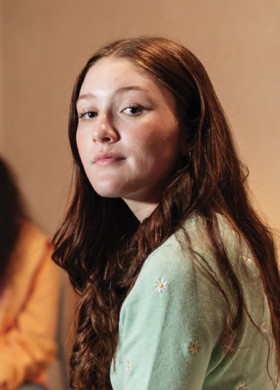
Rangatahi (young person) from Northland
“During Covid I was Year 11. The hardest thing was education. I didn’t really know how to use technology much – and then getting back into the routine again, it was really hard. My uncle also passed away, and the restrictions on the marae were really hard. The border closing was also really hard because I had family stuck in Australia. That had an emotional impact on me.
We were lucky our family would bring us food because there wasn’t much food in the supermarket. We had six kids at home and two parents – and we could still only get the same amount of food as the families with only two kids.
I remember at first we thought it was fun and our family was together, but not after a while and going back and forth in and out of lockdowns – and Level 1 NCEA is really important. I was playing catch up for Year 12 and 13 – they didn’t think I was going to be able to graduate. My whānau supported me heaps.
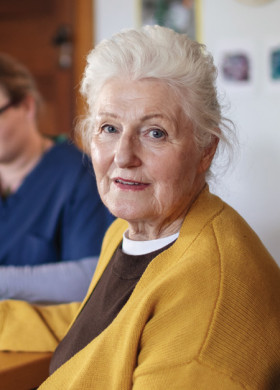
65–74-year-old, Pākehā female, Hawke’s Bay
“I am hugely admiring of the way in which our government and health officials dealt with this almost unprecedented challenge. The personal management of the crisis and the clear communication made me feel enormously safe and confident. The fact that they were willing to throw money at wage subsidies, testing and ultimately vaccination was just fantastic. The level of research that went into the choice of vaccine was also impressive.
During the first lockdown there was the most amazing mood in the country. Everyone was kind and helpful. As time went on however, some members of society engaged with social media which was created by malign actors for their own purposes.
When we compare our Covid mortality rate with the rest of the world we have so much to be proud of. There are obviously people walking around now who in a normal influenza season would not have survived. There will have been lessons learnt but in general we could teach the world how to respond to such a challenge.
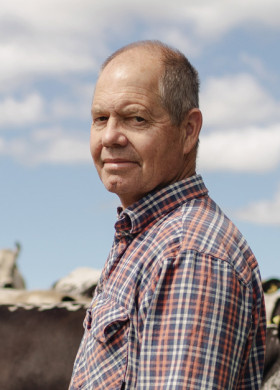
65–74-year-old Pākehā male, Tairāwhiti
“As a sheep and beef farmer, the response to the pandemic had a minimal effect on me as far as my farming was concerned, as we could continue to operate.
However, as one who chose not to be vaccinated, I was severely affected in that I could not participate in certain events and opportunities to attend social gatherings were denied. This carried a mental health issue risk for many.
My overall impression of the Covid response was that it was far too extreme. The initial goal of elimination was unrealistic. It would have necessitated completely isolating ourselves from the world. The actions taken to minimise Covid were also far too extreme. It soon became apparent that the likely death toll if no measures were taken was never likely to be 80,000. Yet fear was maintained in the general population by broadcasting daily figures of deaths. How many people realise there are daily deaths every winter from the common flu?
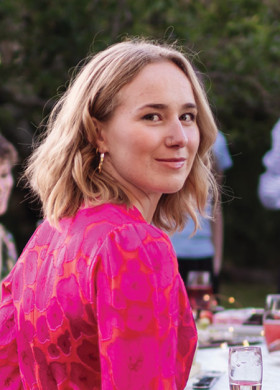
45–54-year-old Pākehā female from the United States, now living in New Zealand
“We were living in the United States in March 2020 when the pandemic struck. The pivot to online education and work was quickly accompanied by a strict lockdown. As we watched people in our family and community sicken and die, we took all the American guidelines seriously. It was a time of deep anxiety, coupled by a daily death toll that rose to unthinkable numbers.
I don’t think I can properly convey the fear that was so prevalent. My partner and I are grounded, rational, and we don’t panic easily. But it was a time of tremendous fear. We lost friends and loved ones, and so did everyone we knew. And we watched our children start to withdraw at the lack of social/educational contact and descend into depression, anxiety and behavioural change. And yet we could see how different life was in Aotearoa. The government’s decision to shut the borders was working – after the brief initial lockdown, life was continuing as normal in Aotearoa.
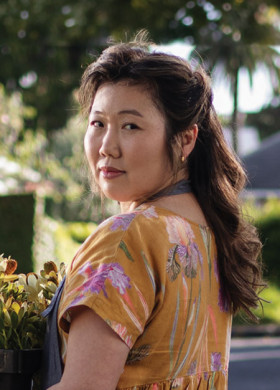
25–34-year-old, Māori/Pākehā, essential worker and new parent during the pandemic
“I fell pregnant with my first baby shortly before the first lockdown in New Zealand (due October 2020). The first couple of months I was advised to stay home from work as I was pregnant and at the time classed as a ‘vulnerable person’ (I worked in the healthcare sector). When Level 4 was over and we moved into Level 3 I was then told by my midwife to return to work, as pregnant people were no longer classed as ‘vulnerable’ unless in the third trimester.
I was 16 weeks pregnant. As this felt like it happened overnight, and all the scary news regarding Covid, my partner and I felt at the time it was best for my baby and I if I left my workplace and continued the rest of my pregnancy ‘locked down’ to keep us safe. Because of this I was not able to receive maternity leave. I know it was my own choice to resign, but I felt really unsafe going back to work.

